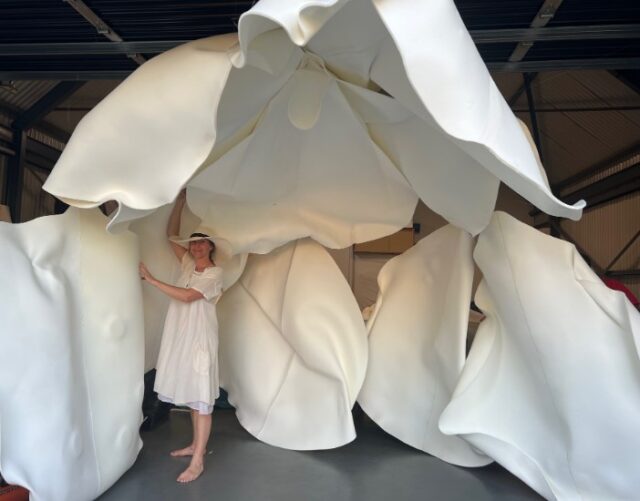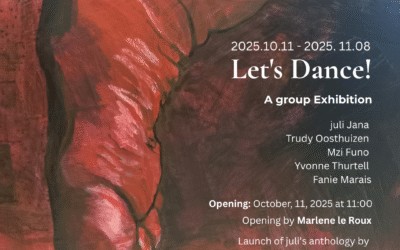My Octopus Teacher, a Netflix documentary which profiles the underwater activities of South African filmmaker, Craig Foster and his daily visits to an Octopus in False Bay, has bagged the Best Documentary award at the British Academy of Film and Television Arts (BAFTAs). It is also nominated for an Oscar, with the awards ceremony airing later this month.
The film initially began as a project to study the kelp ecosystem, but while chronicling the habits of this undersea creature, Foster formed a deep connection with it, learning a new appreciation for the complexity of marine life, which impacts other areas of his daily life.
Craig Foster is also a naturalist, co-founding a non-profit Sea Change Trust in 2012. Filmed over a full year, My Octopus Teacher was released in 2020.
‘I wish to congratulate the team behind the film on receiving this accolade from the BAFTAs. As Mayor of this beautiful city, it gives me great joy to see our residents promoting our city, and doing so on such important topics such as marine conservation. This documentary, filmed in Cape Town, is being viewed by the world and the vast underwater world and marine life are showcased prominently, further emphasising the beauty of a different aspect of our city. Cape Town’s coastline is home to a rich and diverse undersea environment. This focus places an additional spotlight on Cape Town, which keeps our city in the minds and hearts of filmmakers, tourists and the world. I wish the team behind this documentary all the best on this recognition and look forward to it also taking home an Oscar,’ said Executive Mayor Dan Plato.
The City’s Coastal Management and Biodiversity Branches have many areas of focus to conserve marine life and protect biodiversity
– Working in partnership with many organisations on environmental and conservation related issues (including Sea Change which Craig Foster leads)
– Funds and operates the City’s Shark Spotting Programme
– Monitors the quality of near shore coastal water quality and pollution
– Monitor all of the estuaries in the city, which are partially enclosed, coastal water bodies where freshwater from rivers and streams mix with salt water from the ocean
– Responds to marine and coastal emergencies, which include whales beaching to ships stranding
– Manages the conservation of the African Penguin as part of the wider Simon’s Town penguin colony around the Boulders core
– Dune rehabilitation projects
– Manage our Biodiversity network, which includes critical nature areas as well as 22 City Nature Reserves/Protected Areas
– Assist and support daily anti-poaching operations
– Manage an Alien Invasive Species Programme
– Provide environmental education programmes to school groups at all of the nature reserves
– Manage the Helderberg Marine Protected Area on behalf of national government
And did you know that next edition of the Cape Town Green Map will be a Coastal Map? Watch this space!
See also Cape Town Green Map






